Has Michael Clarke’s legacy been unjustly tarnished after polarising many fans?
MICHAEL Clarke is one of the most polarising figures in our nation’s sporting landscape. For a man who achieved so much in the game of cricket, his legacy appears unjustly tarnished by his critics.
Sport
Don't miss out on the headlines from Sport. Followed categories will be added to My News.
FORMER Australian captain Michael Clarke is one of the most polarising figures in our nation’s sporting landscape.
After making the move into commentary since his retirement in August 2015, it appears he has more detractors than admirers.
For a man who achieved so much in the game of cricket, his legacy appears unjustly tarnished.
The Australian captaincy is a role considered as the nation’s second most important to the Prime Minister and we’ve been blessed with our choices.
Think Ricky Ponting, Steve Waugh, Allan Border and Mark Taylor.
Clarke’s four predecessors were all hard-nosed, gritty men that tasted varying amounts of success at international level.
WATCH: Starc’s ‘ball of the 21st century’
KEEPER: Australia’s Ashes gain is Proteas Paine
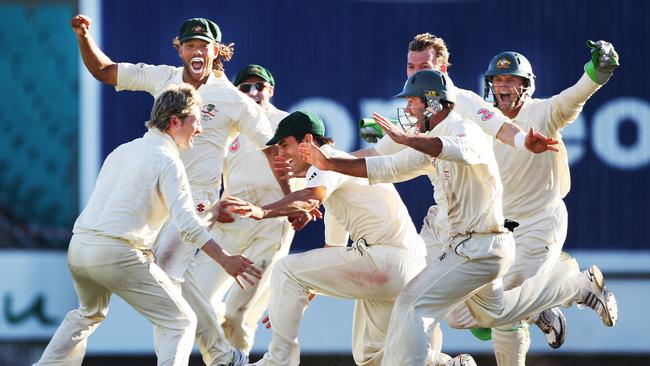
They were men Australian cricket diehards could proudly call their own at the local pub of a Friday night.
Clarke broke the traditional mould of the persona Australia had come to expect in their national skipper.
With blond locks, Lara Bingle by his side and an admiration for a more lavish lifestyle, Clarke was condemned by many within the Australian public before he was actually handed national captaincy.
Time has passed since Clarke’s retirement and we’re able to sit back and reflect on where he ranks among the greatest skippers to don the Baggy Green.
The Australian public, it appears, still have it in for the man they call ‘Pup’.
Robert Craddock engaged in a question and answer with cricket fans on day three of the third Ashes Test in Perth.
The fans disagreed.
“Clarke’s not a batsmen’s bootlace.”
“Clarke rarely saved a match, something Border and Waugh did often. Show pony.”
“Clarke is not in the top 20.”
Now it’s time to offer a perhaps more considered perspective.
While I’m not suggesting the public have to like Clarke - it is after all a free country - I do think he deserves greater respect and recognition for his feats during a remarkable career.
The public have very short memories, so here’s a rundown of his achievements and influence on the game of cricket that may hopefully instigate a rethink of his legacy.
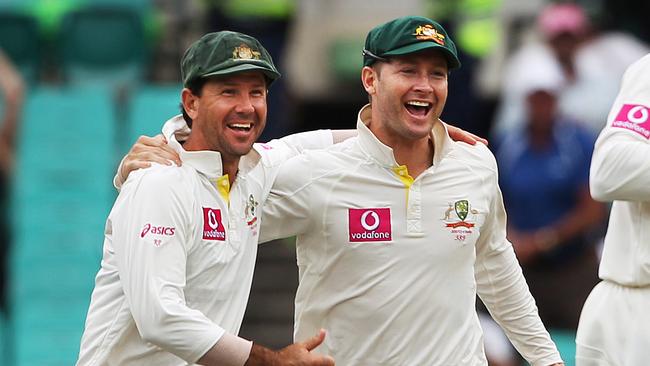
CAPTAINCY
Clarke’s captaincy style was bold and selfless, with the game of cricket always the central focus to his decisions.
His tutelage came under Ricky Ponting, a conservative skipper always guilty of chasing unnecessary extra runs prior to a declaration.
Clarke moulded his own style of leadership, always calling for a declaration earlier than most experts suggested.
Rather than chase the additional runs to form a safety net from critics, he would always call time on an innings that gave opposing captains the slightest glimmer of hope to chase down his total.
Not only would this allow Australia added time to take the required wickets, it ensured the game didn’t come to a lifeless halt with a batting outfit playing for the draw from the opening delivery.
Further to this, it breathed life into many Test matches at a time where Twenty20 was beginning to overshadow its older brother.
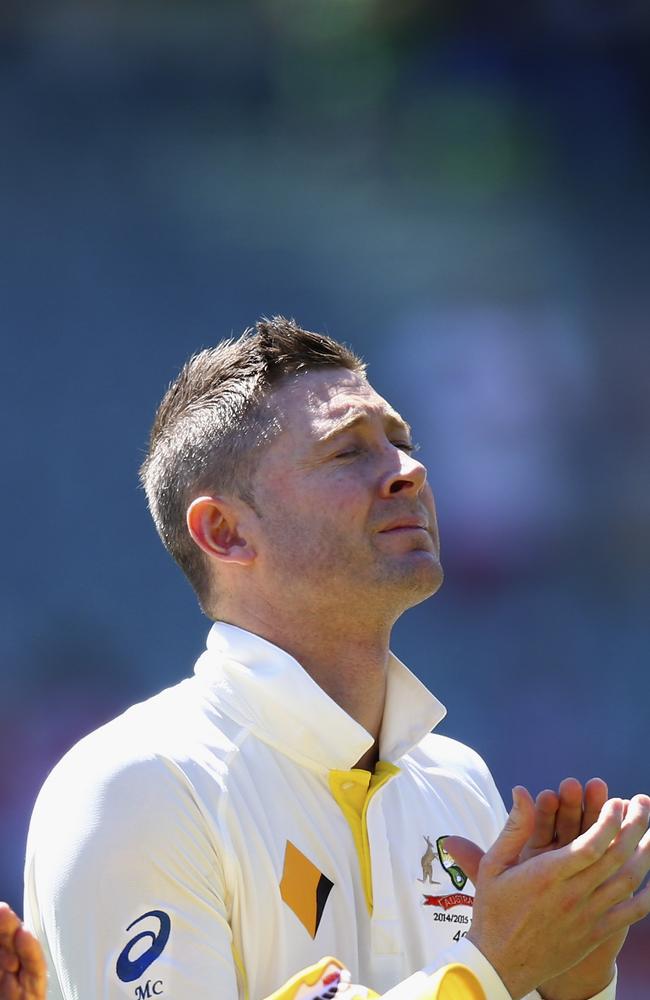
DECEMBER 2014: Australia v India, Adelaide Oval
Tragedy hits the world of cricket with the passing of Phillip Hughes after being struck by a delivery in a Sheffield Shield clash while playing for South Australia at the Sydney Cricket Ground.
Outside of immediate family, the loss is taken harder by no one more so than long-time friend Michael Clarke.
The Australian captain showed pure class in uniting a grieving country, with his sentiments when addressing the public as a broken man the prime example.
“The world lost one of its great blokes this week and we are all poorer for it.”
After talk of abandoning the first Test in Adelaide, the clash went ahead with Clarke bravely declaring, “I know my little buddy would want the team to go out and play good cricket.”
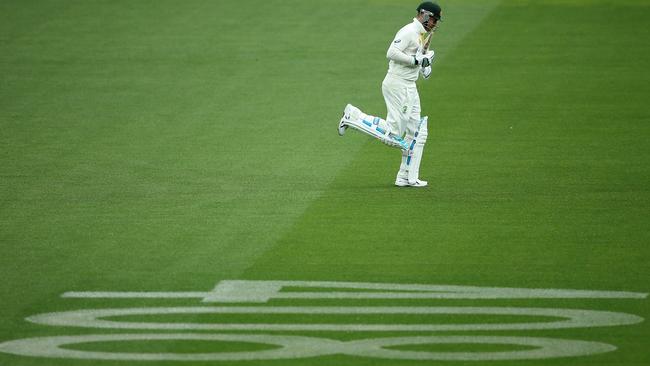
Defying a serious back injury, Clarke went on to record one of the most mentally enduring centuries the game has ever witnessed.
On a day when Hughes’ fellow New South Wales and Australian teammate’s David Warner and Steve Smith both notched stirring hundreds, Clarke finished on 128 in one the most emotion-sapping days Australian cricket has produced.
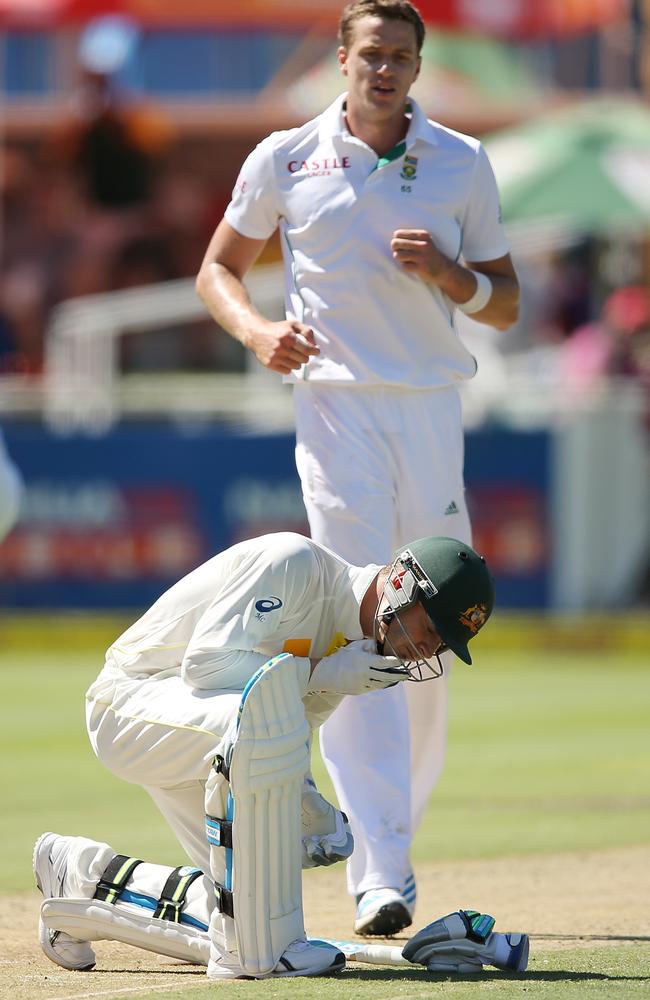
NOVEMBER 2014: Australia v South Africa, Newlands, Cape Town
Australia’s 2011 tour of South Africa was momentous for Michael Clarke.
Criticised in the past for over embracing his A-list celebrity status off the field, Clarke left his critics to no longer doubt his toughness at the crease.
Facing the world’s most fearsome pace attack of Dale Steyn, Morne Morkel and Vernon Philander, Clarke trudged through a barrage of short-balls to finish unbeaten on 161.
It was a performance full of the grit that embraced the Aussie spirit of past greats and helped to somewhat break the shackles of his pretty boy persona.
Four years earlier at the same venue, Clarke hit 151 against the same lethal bowling attack.
On this occasion he reached his century from just 108 deliveries at a strike rate of 85.79, with the side’s top six averaging a rate of under 30.
The following day the Australian’s were rolled for 47 runs.
Enough said.
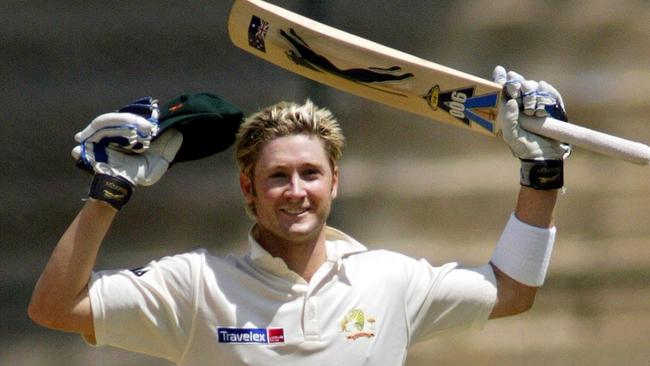
OCTOBER 2004: Australia v India, Bangalore
Michael Clarke achieved something in his Test debut that Australian legends haven’t been able to do in their entire career.
The 23-year-old defied the pressure of expectation as the nation’s next big thing, waltzing his way to a stunning century on Indian soil.
The merciless decks of the subcontinent brought many cricketers unstuck, but Clarke’s ability to use his feet to counter India’s spinning duo of Harbhajan Singh and Anil Kumble worked a charm.
Clarke piled on 151 runs in one of the greatest debuts the sport has ever had the pleasure of hosting.
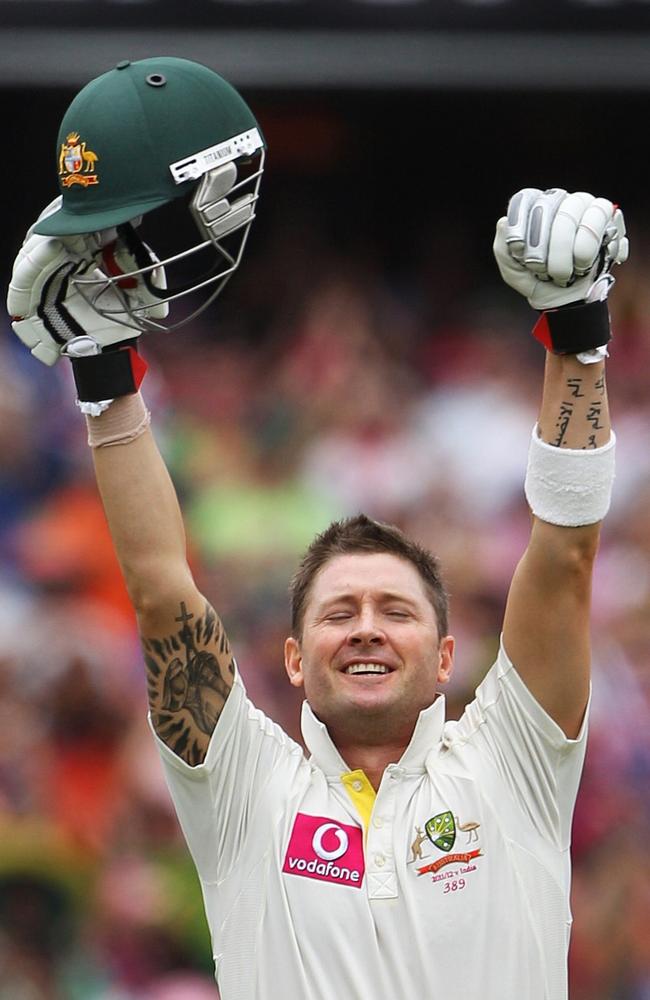
JANUARY 2012: Australia v India, SCG, Sydney
The standout knock that will forever hold a place in the record books for Michael Clarke is his triple-century against India at the Sydney Cricket Ground.
After the fall of early wickets, Clarke piled on the runs in front of a sea of pink in the stands on Jane McGrath day alongside veterans Ricky Ponting and Michael Hussey.
From a legacy perspective it wasn’t the 329 runs that hold the greatest value to Clarke.
It was his selfless declaration as Australian captain just five runs short of Sir Donald Bradman’s top score of 334.
For a man loathed by certain critics for his apparent desperation for the limelight, this was a commendable act that deserves plenty of praise.
Australian’s don’t have to like Michael Clarke, but they should never forget his contribution to cricket.



